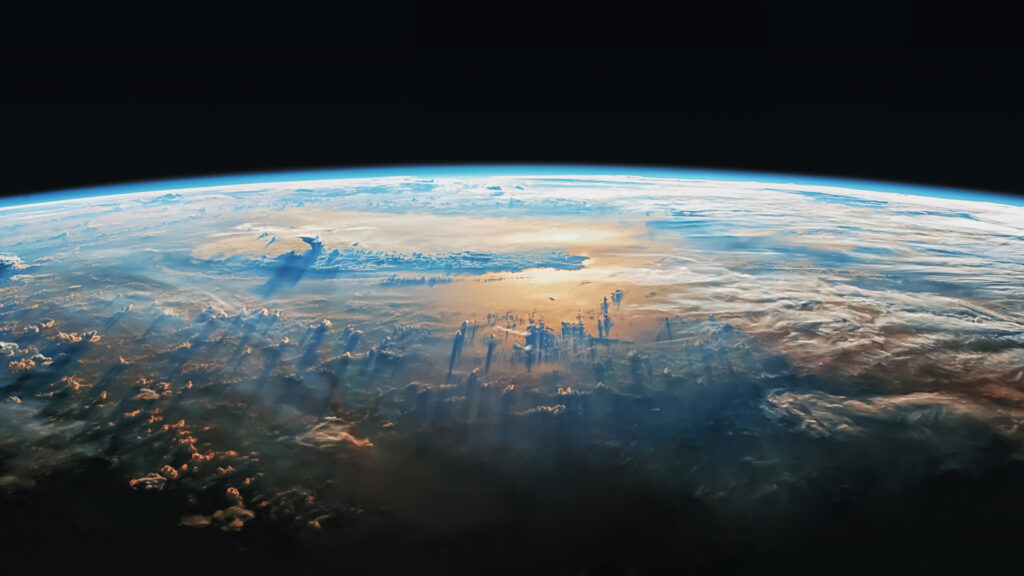Cape Town, South Africa – The African Institute of Mathematical Sciences is proud to launch a new AI for Science Master’s program at the exciting meeting point of artificial intelligence and scientific discovery. It is a new stream in our Masters in Mathematical Science degree, and will be hosted at AIMS South Africa. The program focuses on the growing intersection of AI and scientific discovery, and is a sister program to our African Master’s in Machine Intelligence program.
The program is made possible by a donation from and partnership with DeepMind, who will fund 40 DeepMind scholars per year for the next four years. The funding covers full scholarships, equipment and computation costs, as well as opportunities for the scholars to connect with DeepMind’s researchers and engineers for mentoring and support.
“It is our hope that through our DeepMind partnership, many more students in Africa can be involved in pioneering research and contribute to the scientific discoveries that are yet to come,” said Ulrich Paquet, the program lead and director of AIMS South Africa. “The AI for Science Master’s program builds on the energy and enthusiasm of the AI community across Africa.”
The new program is part of the heartbeat and vision of AIMS. “We launched AIMS two decades ago, with many friends across Africa. Our goal was to enable Africa’s brightest students to enter science at the highest level. The success of our 2500 alumni, from 45 African countries, demonstrates that Africa will become a major source of scientific and technical talent in the future. As well as tackling societal challenges like climate change, AIMS graduates are powering leading edge scientific projects in Africa such as the Square Kilometer Array and the African Light Source. AIMS is thrilled to be working with DeepMind to bring young Africans into AI.” said Neil Turok, the South African founder of AIMS and a world-leading theoretical physicist.
It is an exciting time for science in Africa. On AIMS South Africa’s doorstep, the Square Kilometre Array will be the largest radio telescope ever built and will produce science that changes our understanding of the universe. The first detection of the Beta and Omicron Covid-19 variants happened in South Africa as well. The initial focus areas of the program will be AI and machine learning in cosmology, epidemiology and ecology.
With such stellar scientific neighbours, the program will benefit from the expertise of the Square Kilometre Array Observatory (SKAO) and its South African partner, the South African Radio Astronomy Observatory (SARAO), the Centre for Epidemic Response and Innovation (CERI), and South Africa’s Centre of Excellence in Epidemiological Modelling and Analysis (SACEMA).
For more information, including applications, please visit ai.aims.ac.za.

